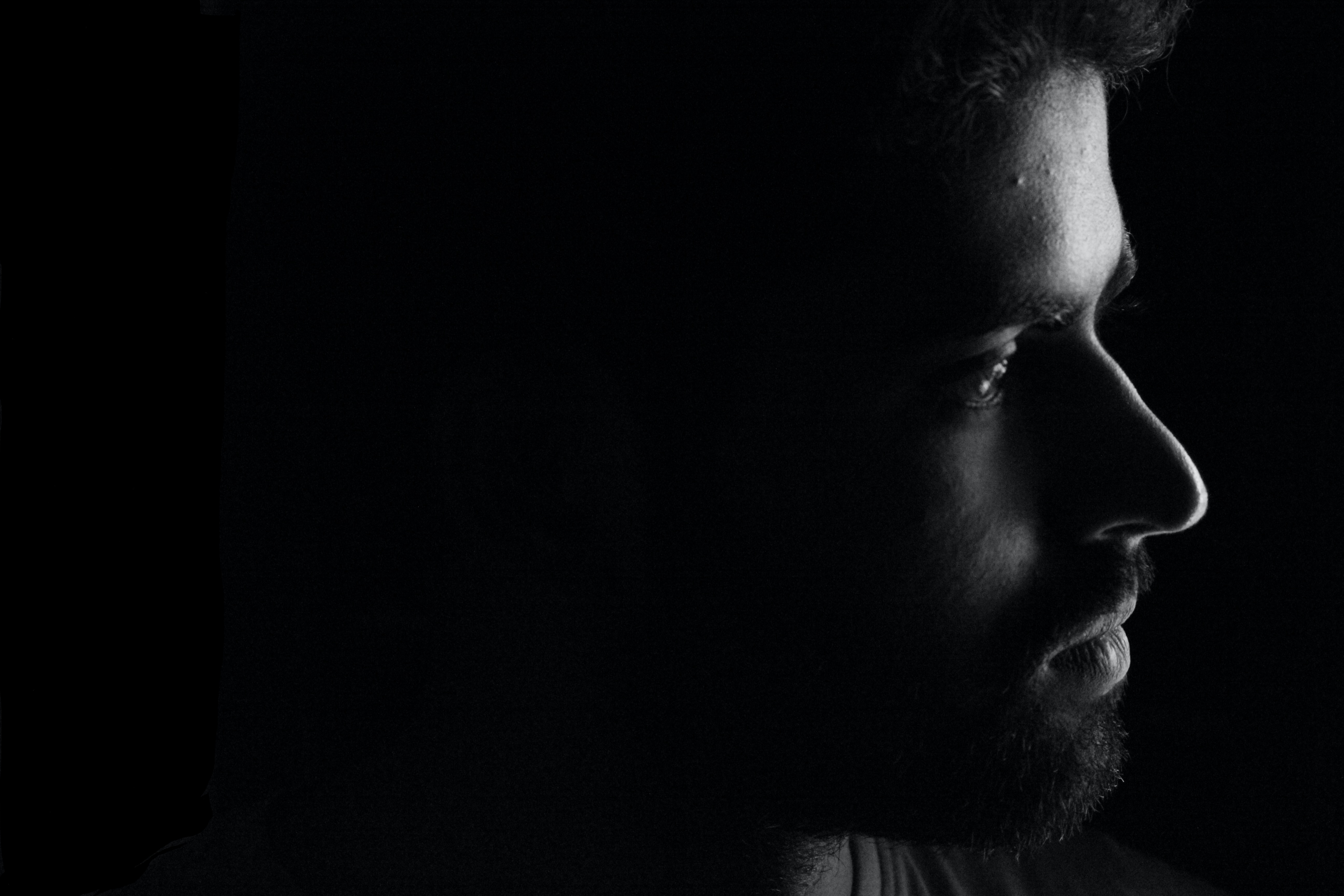Depression in Men: Recognizing the Signs and Seeking Support
Mariella Arceo
Jul 11, 2023

Moreover, gender norms often discourage men from discussing their feelings openly, leading to feelings of isolation and loneliness. This lack of emotional expression can intensify depressive symptoms and hinder their ability to cope effectively.
Additionally, men may be less likely to recognize their own symptoms or attribute them to external factors such as work stress or physical exhaustion.
What Male Depression Can Look Like

- 1. Aggressive and risky behavior or irritability
- 2. Escalating anger and frustration
- 3. Increased substance abuse, including alcohol and drugs
- 4. Social withdrawal and isolation
- 5. Fatigue and decreased energy levels
- 6. Changes in sleeping patterns, like insomnia or excessive sleep
- 7. Difficulty concentrating or making decisions
- 8. Loss of interest in activities they once enjoyed
- 9. Changes in appetite, leading to weight loss or gain
Both men and women experience depression differently. The subtle differences can make depression in men more difficult to spot. Depression is a mental illness; to treat depression in men also means challenging how we, as a society, define masculinity.
Redefining Masculinity: Embracing Emotional Expression
Prominent male figures in society, such as celebrities and athletes, can also contribute by sharing their experiences with mental health struggles. Their openness can inspire others to seek help and challenge the notion that seeking support is a sign of weakness.
Seeking Support: Breaking the Stigma
- 1. Self-reflection and education: Men should strive to understand depression and its impact on mental health. Learning about the experiences of others can help challenge preconceived notions and reduce self-stigma.
- 2. Open communication: Building trust with loved ones or close friends and engaging in open conversations about mental health can create a support network.
- 3. Professional help: Encouraging men to seek professional support from mental health experts, such as therapists or counselors, is vital. Professionals can offer guidance, tools, and strategies tailored to an individual's unique needs.
- 4. Therapy sessions can help men explore their emotions, identify triggers for depression, and develop coping mechanisms. Cognitive-behavioral therapy (CBT) and mindfulness-based interventions have shown particular effectiveness in treating depression in men.
- 5. Online resources and communities: Online platforms provide a safe space for men to connect, share experiences, and seek support anonymously. Online forums, mental health websites, and social media platforms dedicated to men's mental health can offer valuable resources and connections.
- 6. Encouraging self-care practices: Promoting self-care activities like exercise, healthy eating, sufficient sleep, and stress management techniques can aid in managing depression symptoms.

Untreated depression doesn't have to take control of your life. If you or anyone you know may benefit from the aid of a mental health professional, do not hesitate to reach out at mosaicmindscounseling.com.